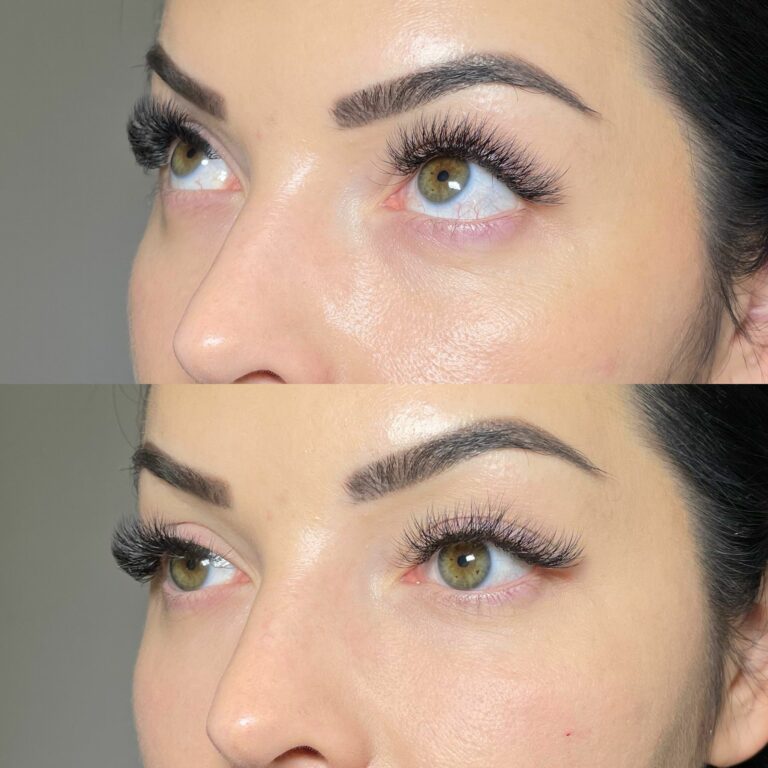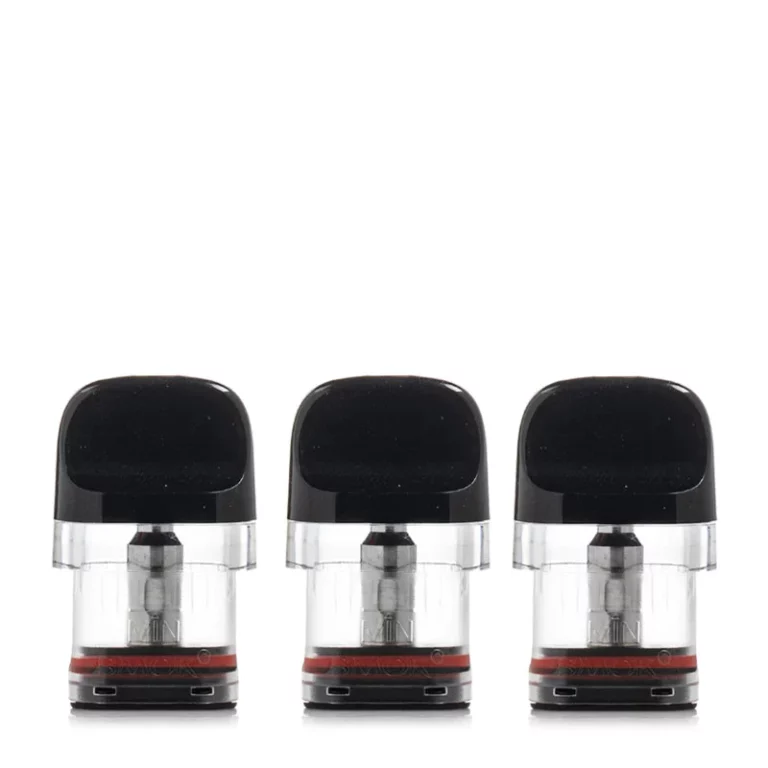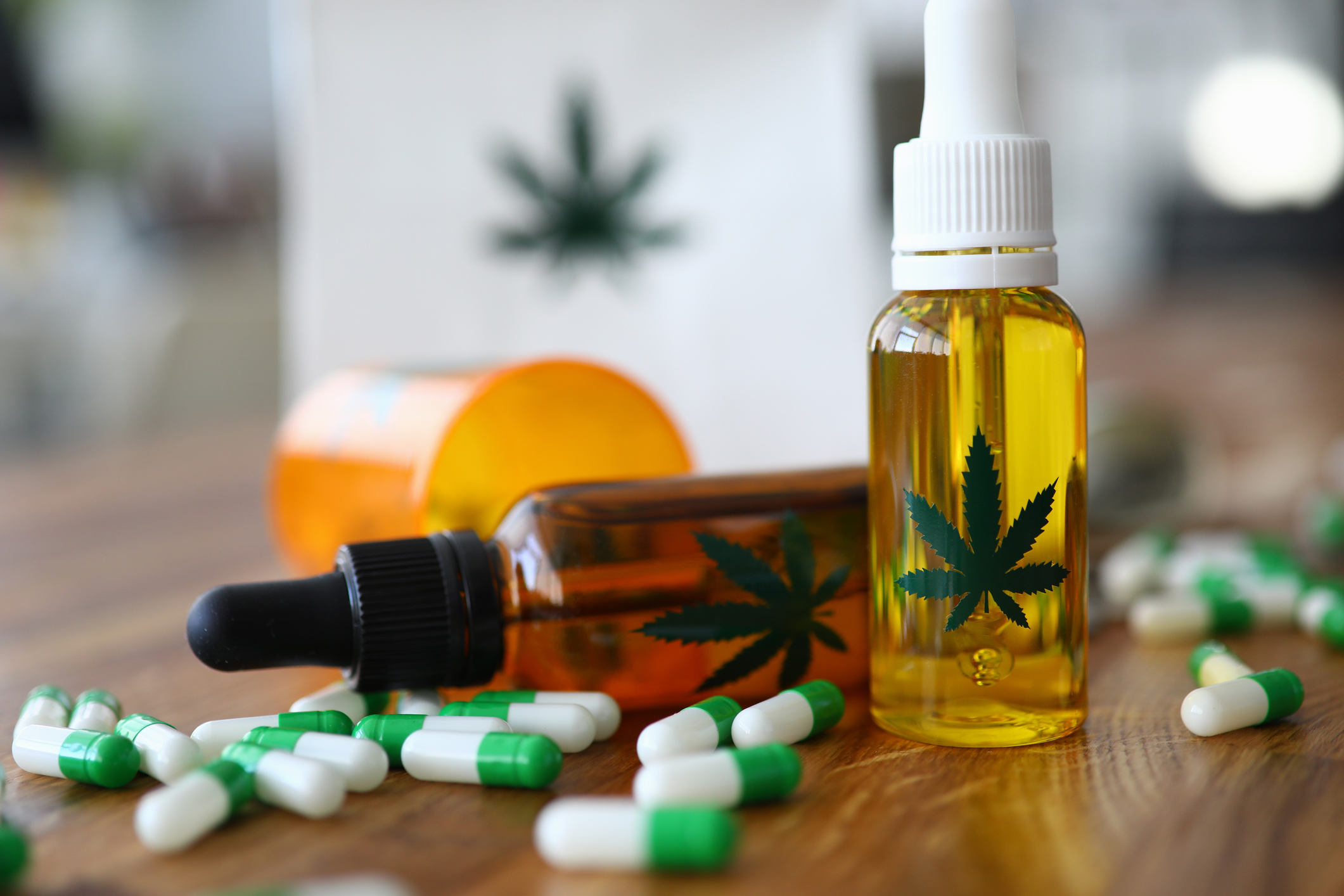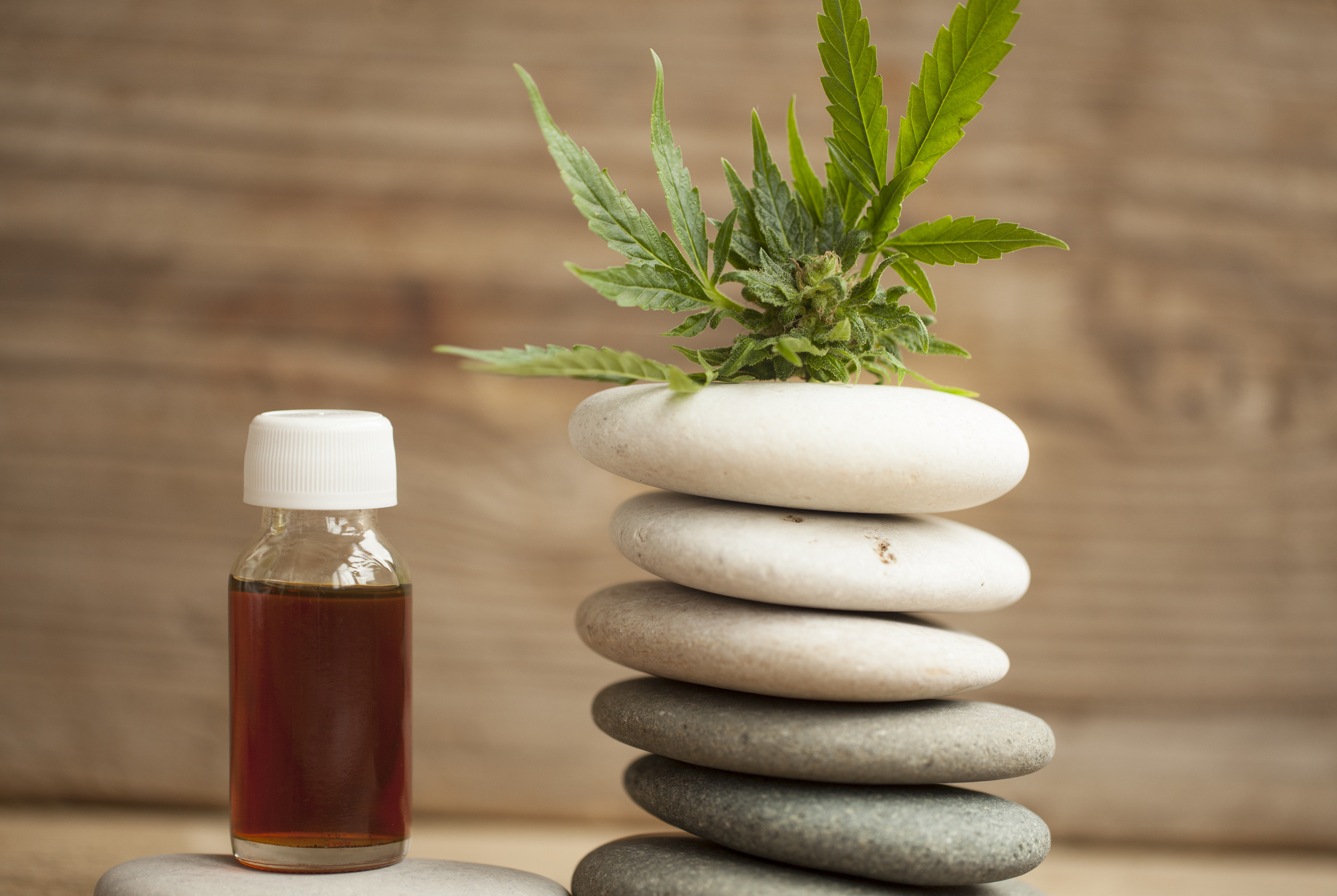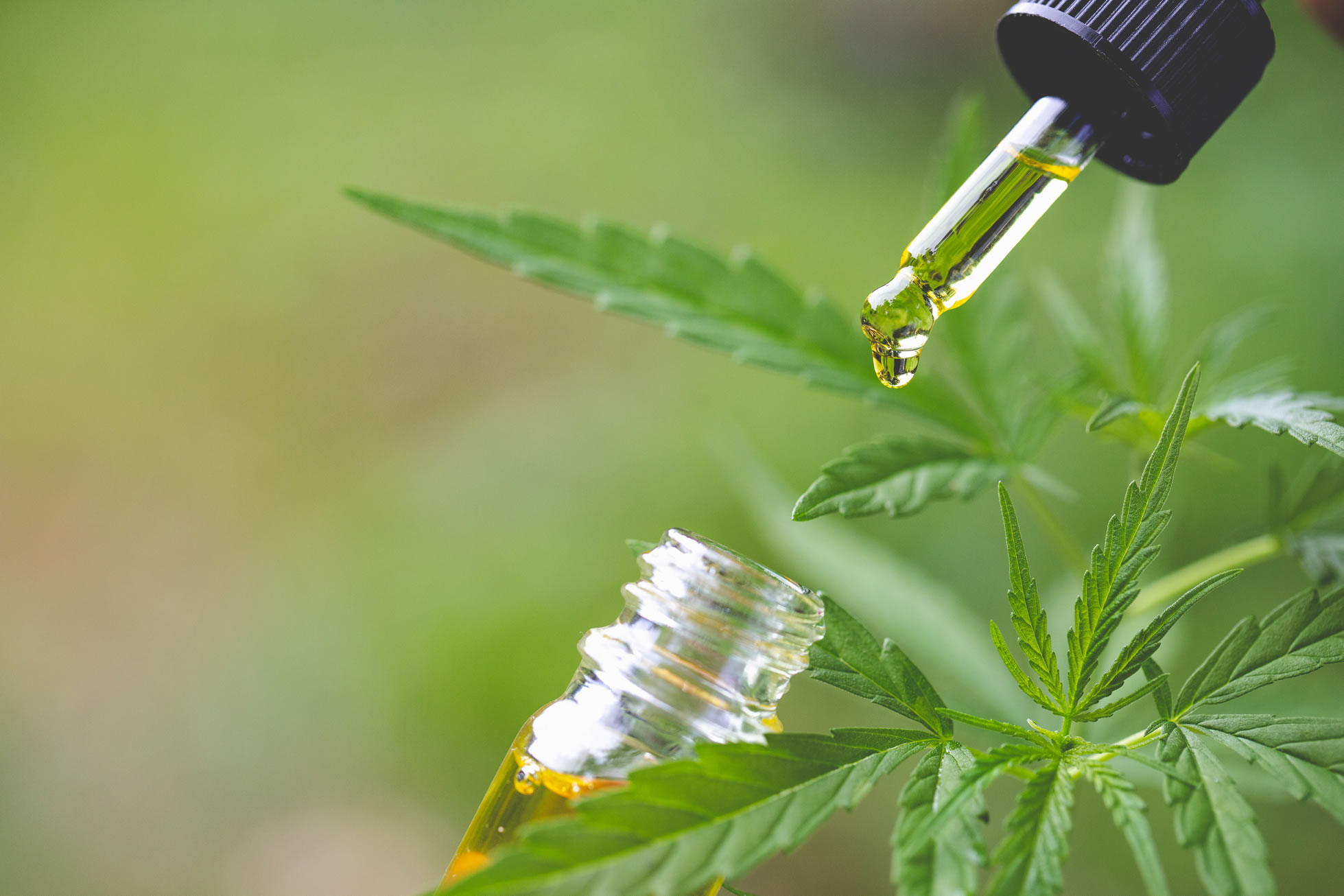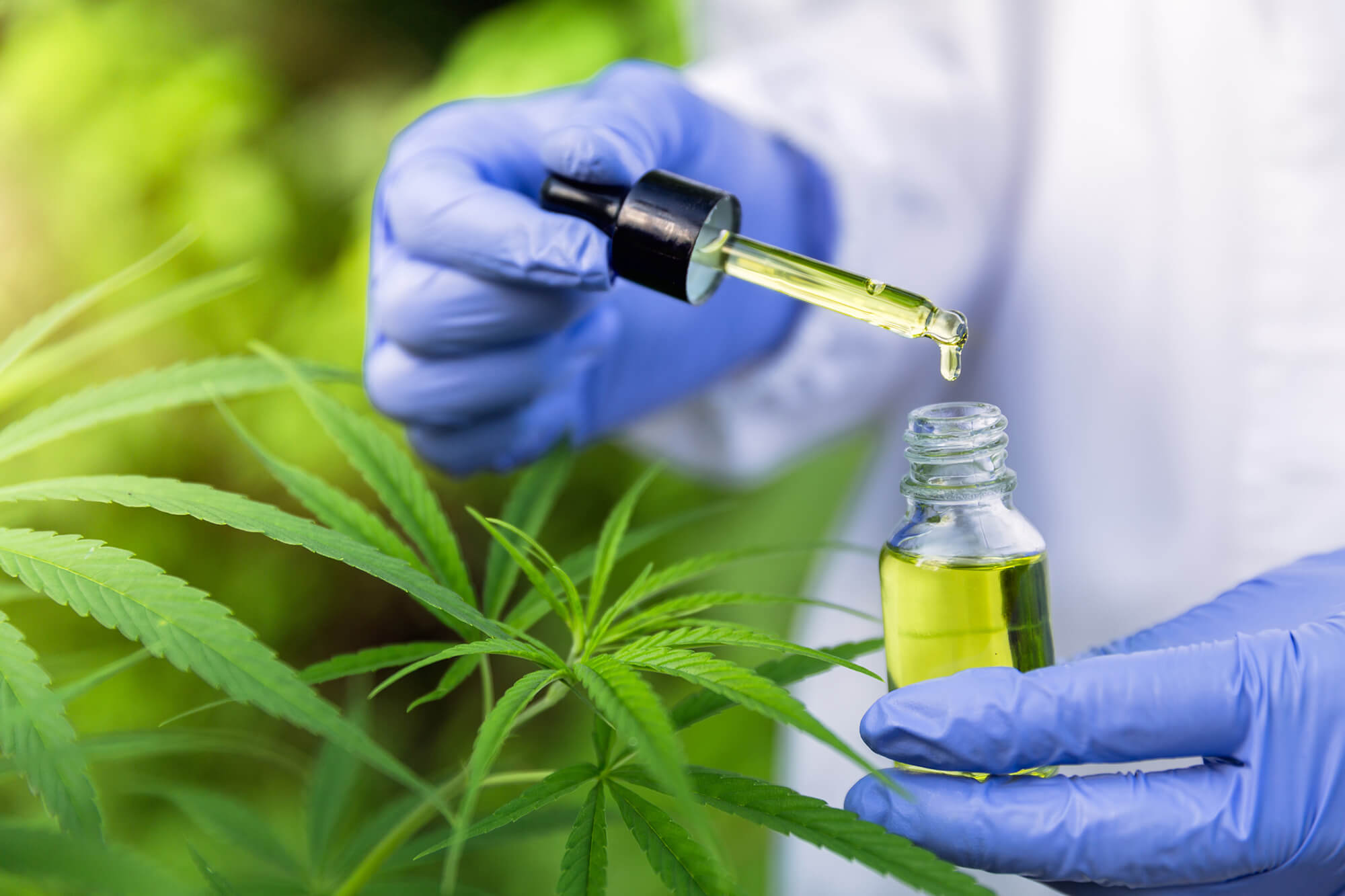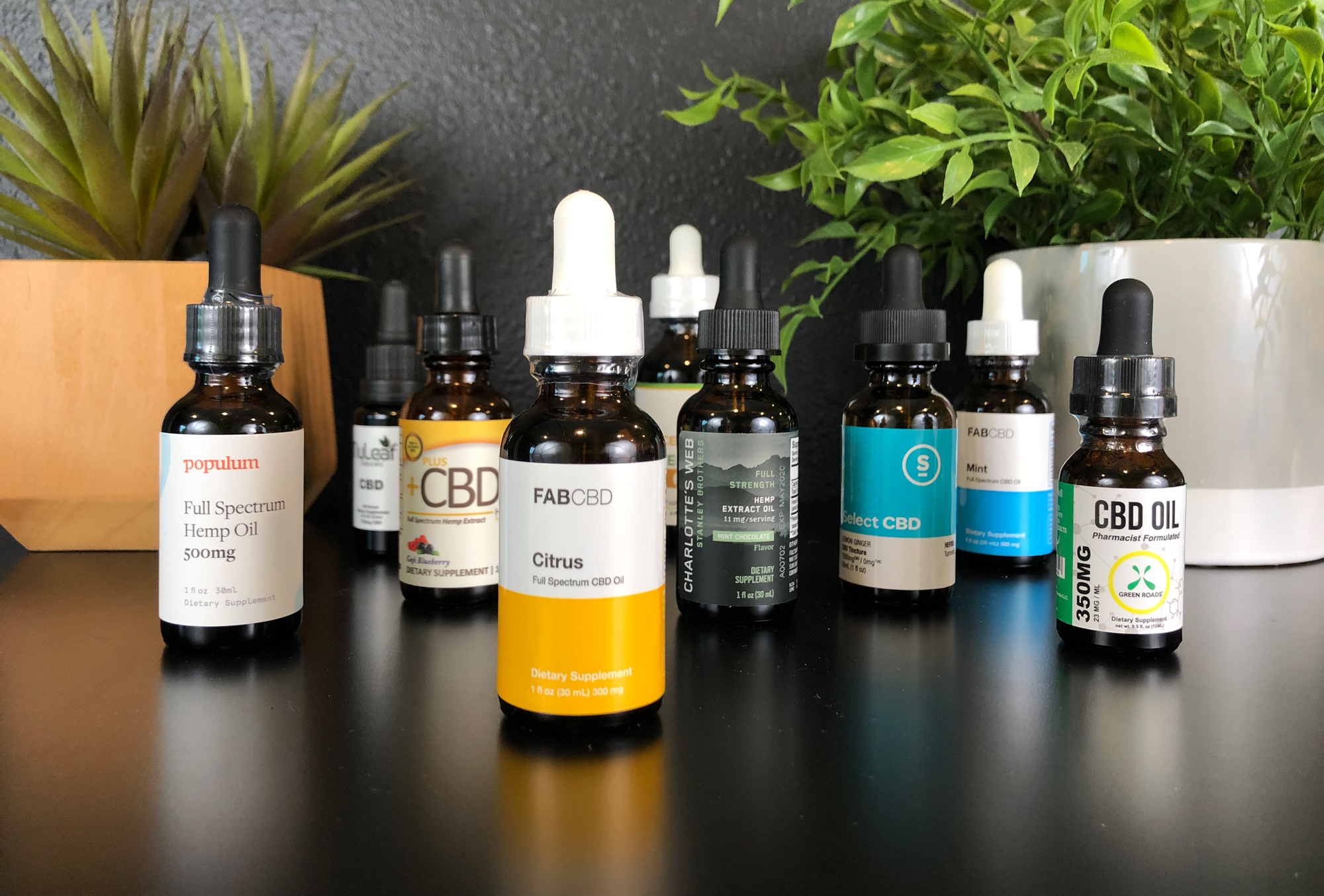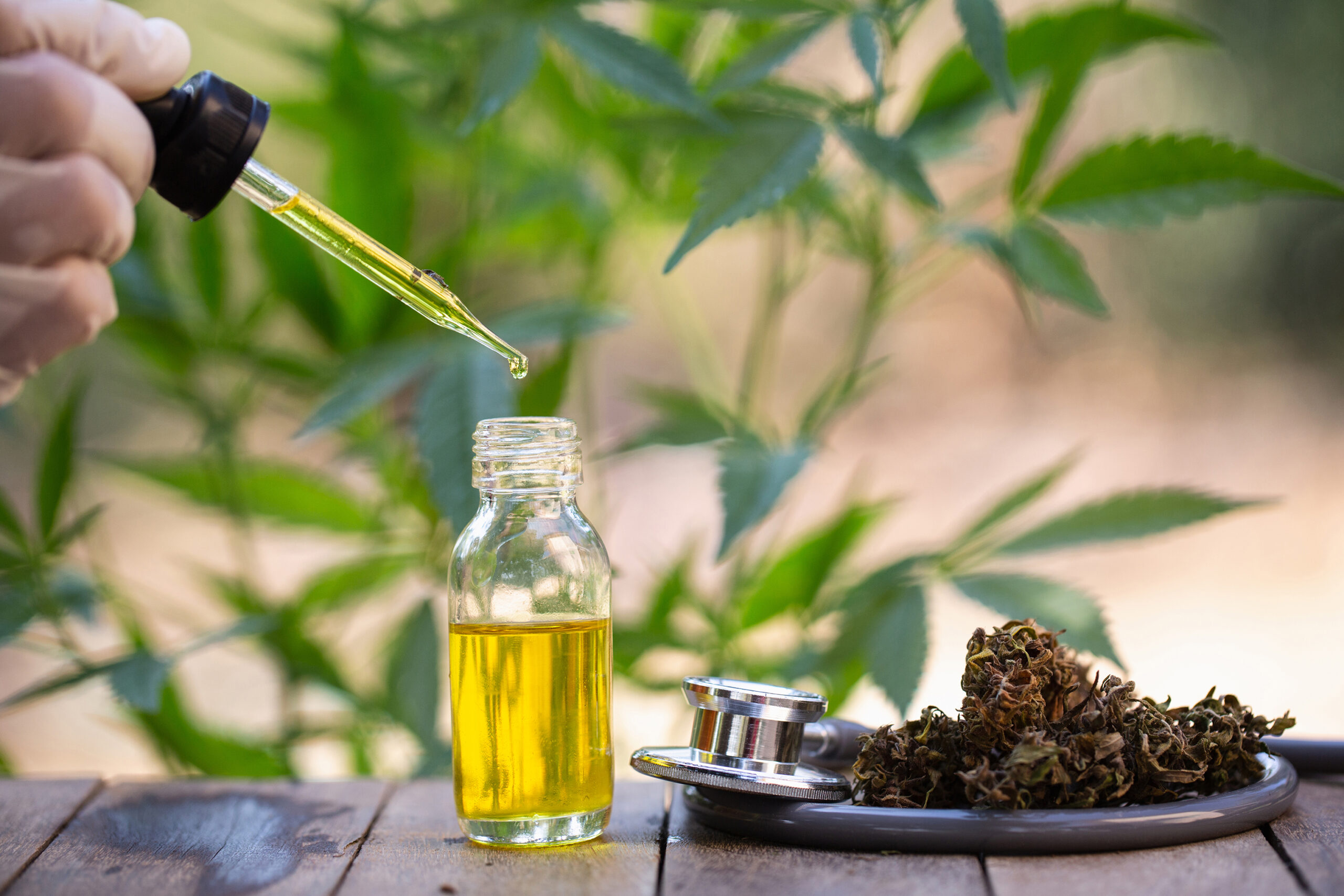CBD (cannabidiol) is a non-psychoactive compound derived from the cannabis plant that has gained significant attention for its potential health benefits. As interest in CBD continues to grow, many individuals and businesses are seeking clarity on its legal status in various regions. In Europe, the legality of CBD oil and other CBD ingestible products varies from country to country, making it important for consumers and producers to understand the regulations in place.
Understanding CBD and Its Legality in Europe
CBD is distinct from THC (tetrahydrocannabinol), the psychoactive compound in cannabis responsible for the “high.” In Europe, CBD products are typically sourced from industrial hemp plants with low THC content (0.2% or less), which distinguishes them from marijuana. This low THC content is a key factor in determining the legal status of CBD products across the continent.
The European Union and CBD
The legal landscape of CBD in Europe is complex due to the varying regulations of individual countries within the European Union (EU). As of my last knowledge update in September 2021, the EU allows the cultivation of industrial hemp and the production of CBD products as long as the THC content remains below 0.2%. However, member states have the authority to set their own specific regulations.
CBD as a Novel Food
In January 2019, CBD was classified as a “novel food” by the European Food Safety Authority (EFSA). This classification means that CBD products need to undergo a safety assessment before they can be legally marketed as food or food supplements within the EU. The process involves demonstrating the safety of the product and its compliance with EU food regulations.
Country-Specific Regulations
The legal status of CBD can vary significantly from one European country to another. As of my last update, here is a brief overview of the CBD regulations in some key European countries
- United Kingdom (UK): CBD products are legal in the UK as long as they contain less than 0.2% THC and are properly labeled. Novel food regulations also apply, requiring CBD products to be authorized before they can be sold as food.
- Germany: Germany permits the sale of CBD products, but they must contain less than 0.2% THC. The country has embraced CBD, and it is widely available in various forms.
- France: CBD is legal in France if it contains less than 0.2% THC. However, the French government has maintained a cautious approach, and the sale of CBD-infused foods and beverages is restricted.
- Italy: Italy allows the sale of CBD products as long as they have minimal THC content. The country has a history of hemp cultivation, and CBD is widely available.
- Netherlands: The Netherlands has a liberal stance on CBD, allowing the sale of CBD products with up to 0.05% THC content. However, producers must adhere to strict quality and safety standards.
- Switzerland: CBD is legal in Switzerland as long as it contains less than 1% THC. The country has a robust hemp industry, and CBD products are widely available.
Challenges and Evolving Regulations
It’s important to note that the legal status of CBD in Europe is subject to change, and the information provided here might not reflect the most current developments. The CBD market is evolving rapidly, and regulations are adapting to new scientific findings and consumer demands. Businesses and consumers should stay informed about the latest changes in their respective countries.
The Importance of Quality and Regulation
With the growing popularity of CBD products, there’s an increased risk of subpar products entering the market. It’s essential for consumers to choose products from reputable manufacturers that adhere to quality and safety standards. Transparent labeling, third-party testing, and compliance with local regulations are indicators of a trustworthy CBD product.
Conclusion
The legal status of CBD oil and CBD ingestible products in Europe is a complex issue due to the varying regulations of individual countries within the European Union. While the EU allows CBD products with low THC content, member states have the authority to set their own rules. As of my last update in September 2021, several European countries have legalized CBD products with specific THC limits, and novel food regulations apply to CBD products intended for consumption. It’s important for businesses and consumers to stay informed about the latest developments in CBD regulations to ensure compliance and safety in this rapidly evolving market.
In his capacity as a Professional Blogger, he transforms his psychological insights into engaging and informative content across various topics, enriching the lives of his readers with valuable advice and wisdom. Furthermore, as a Strategic Adviser, Robert leverages his analytical thinking and strategic acumen to assist businesses in formulating effective plans and navigating complex market dynamics.
His diverse skill set, spanning psychology, blogging, and strategic consultancy, positions Robert Williams as a valuable resource for those on the path to personal growth and businesses aiming for strategic excellence.
- How To Buy Wholesale CBD And Delta 8 Thc - September 22, 2023
- Are CBD Oil And CBD Ingestible Products Legal In Europe - September 22, 2023
- Amazing Salty and Sweet Recipes Made with CBD Oil - September 22, 2023






